"In order to understand what transpired in the past few days, we need to look back at what Poland's government and the Polish people did for the Ukrainians immediately after the invasion," Jerzy Kwasniewski, board chairman and founder of Poland's Ordo Iuris Institute, told Magyar Nemzet. "If we add up the aid given directly to the Ukrainian government, the benefits provided to refugees and the support given to millions of Ukrainians who had relocated to Poland because of the war but cannot be considered refugees in the classical sense, yet, for whom the Polish government provided the same social benefits as to its own citizens, we see that Poland was the biggest supporter globally of Ukraine," he explains, adding that not only did the Polish government help, but that also ordinary citizens have done their utmost to welcome the newcomers from Ukraine into their own homes.
A strategic aim of Poland is to have an independent Ukraine that is pro-European and willing to join, or at least cooperate, with European structures, instead of Russian ones - a Ukraine that establishes a modern, constitutional, just, corruption-free public administration, that is open to European and Polish investments, as well as open and welcoming to Polish entrepreneurs,
Mr Kwasniewski said of his country's goals.
"So in light of all this, to so much as postulate that Poland would even unwittingly contribute to the implementation of the Kremlin's plans, is simply absurd,"
he stated.
It is already apparent, now, that Kyiv is also trying to back down from the measures it has taken so far, for example the proceedings initiated against Poland at the World Trade Organization (WTO), because they realized that they have gone too far. "Poland put restrictions on only the importing of grain, and not its tranzit through the country. These import limitations were brought in order to stabilize the Polish market and thus create the basis for further support to Ukraine. This was well understood by many Ukrainians and Ukrainian politicians," Mr Kwasniewski emphasized.
I would refer back to the analogy of President Duda, who said that Ukraine is like a drowning man, who, because of his predicament, grasps panic-stricken at anything, making moves that are not effective. It is clear, and also clear to many Ukrainians, that staging an open attack on Poland, an attack that affects the country's fundamental interests, will undermine the political support of a country that is helping Ukraine in such a giant and selfless manner,
the expert recalled.
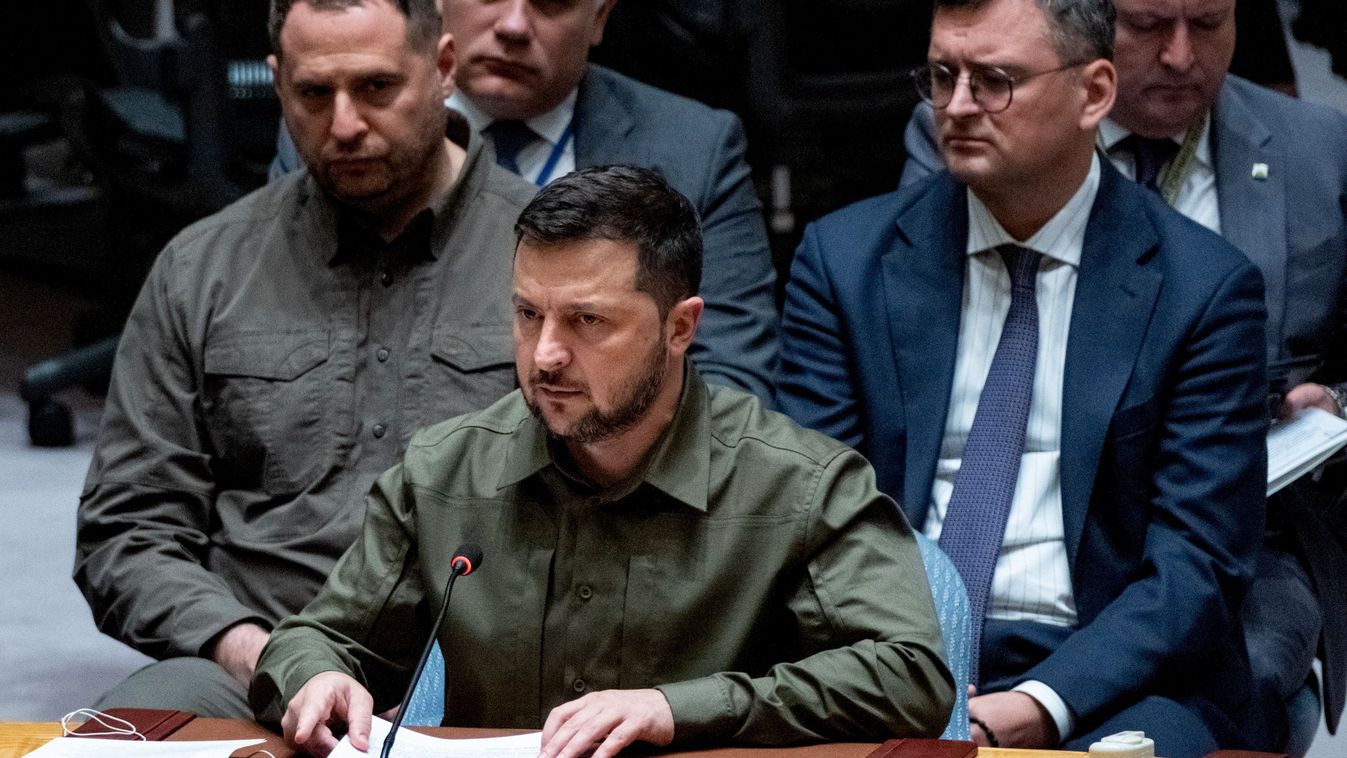

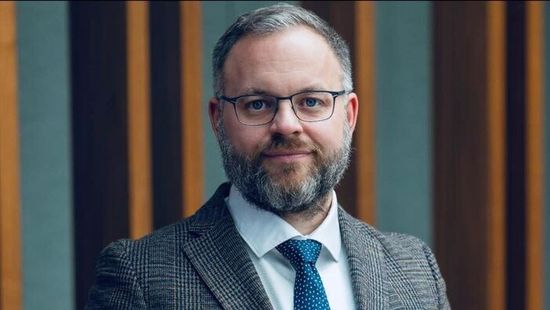
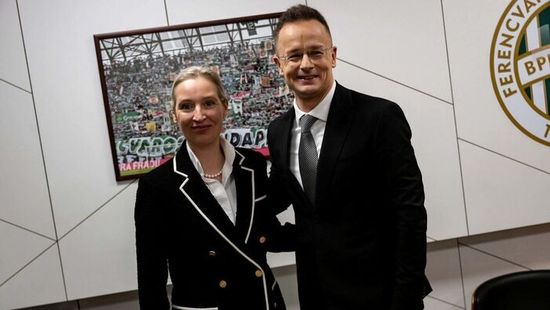
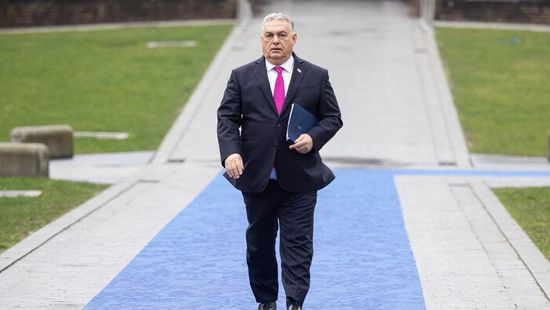
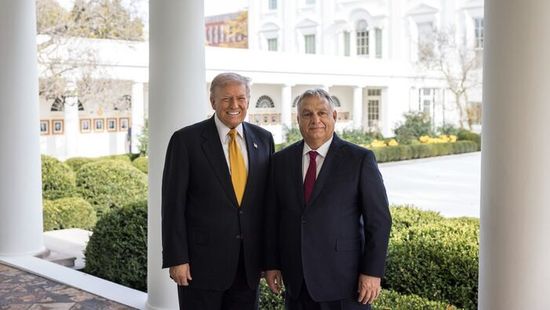

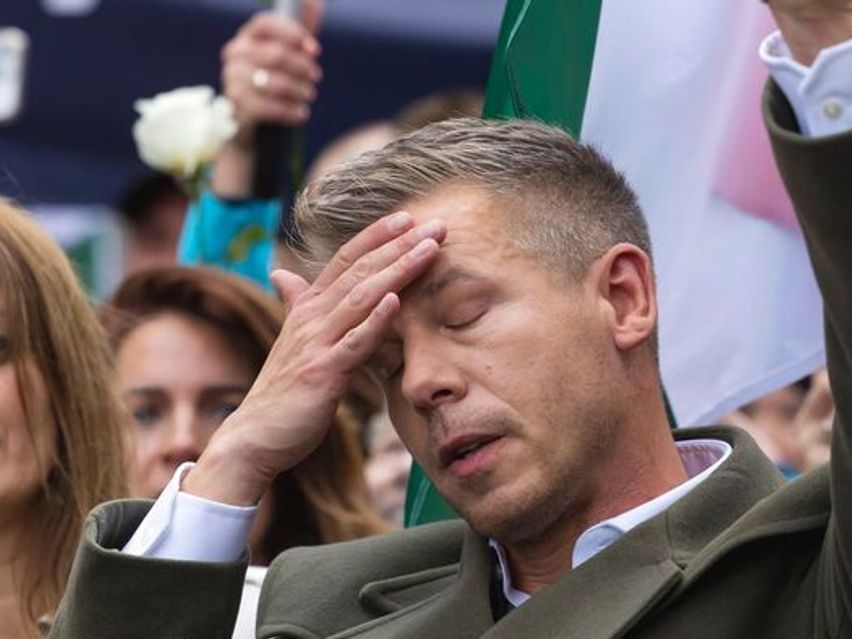
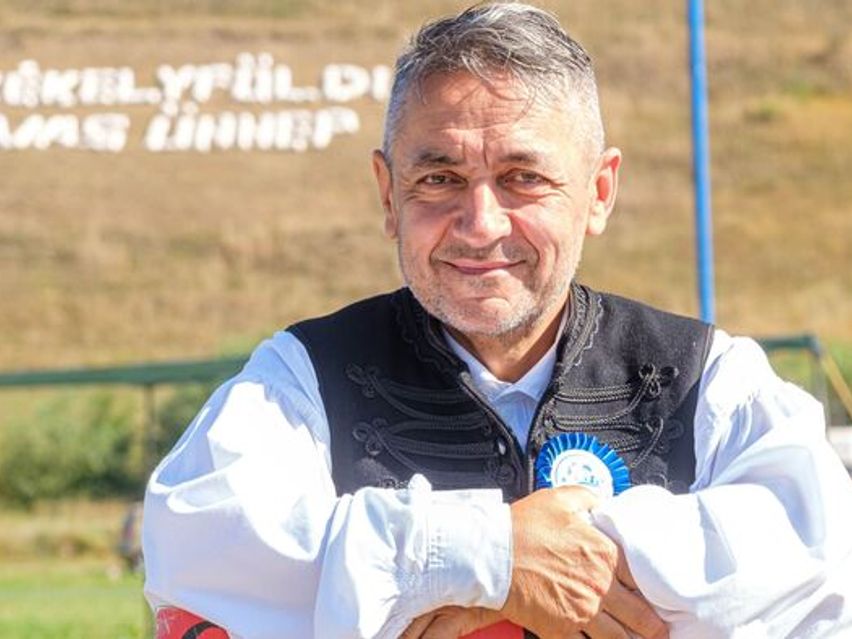
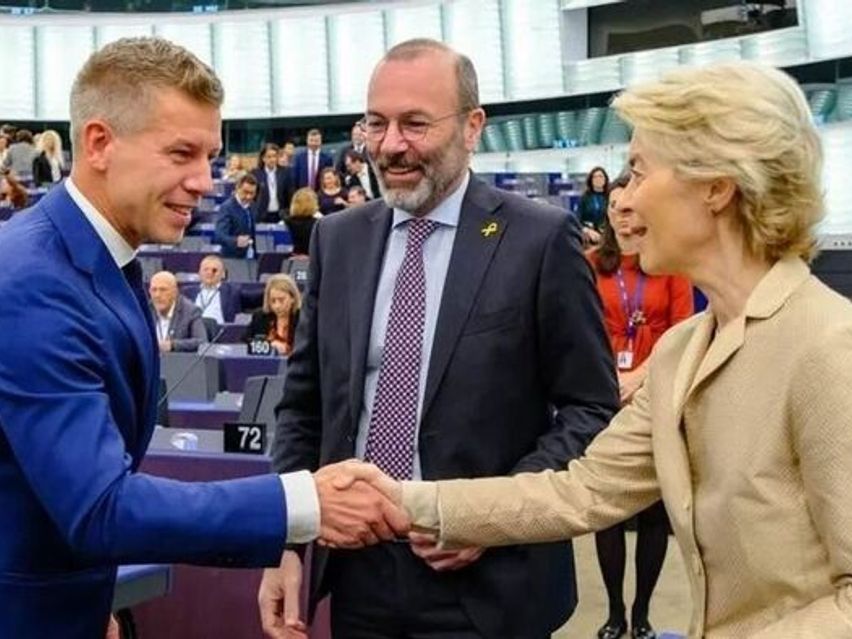
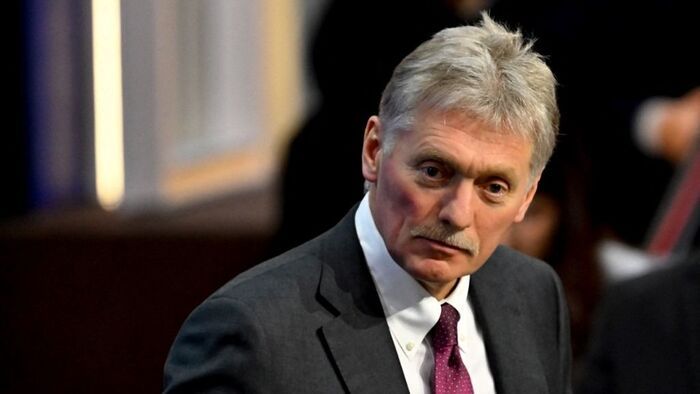


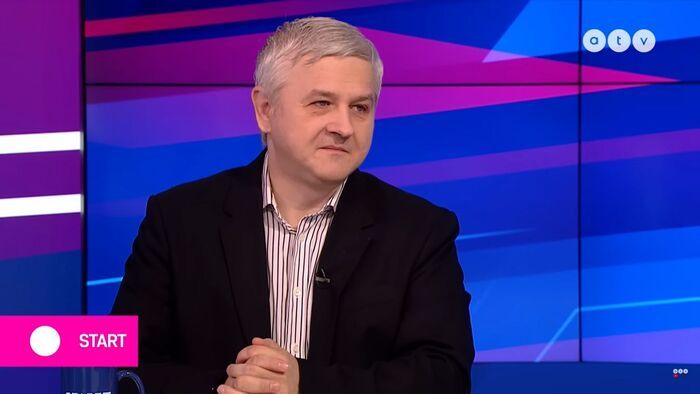
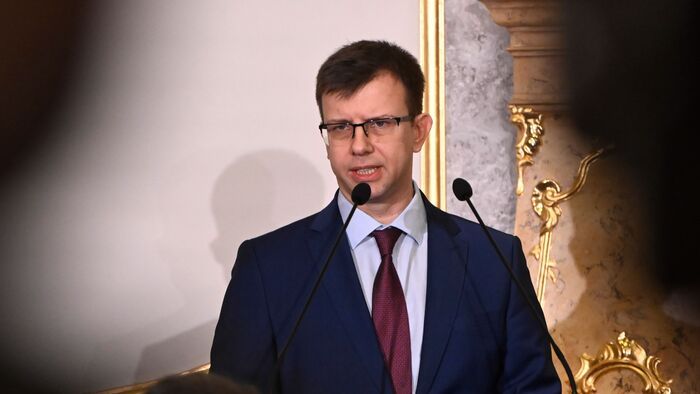
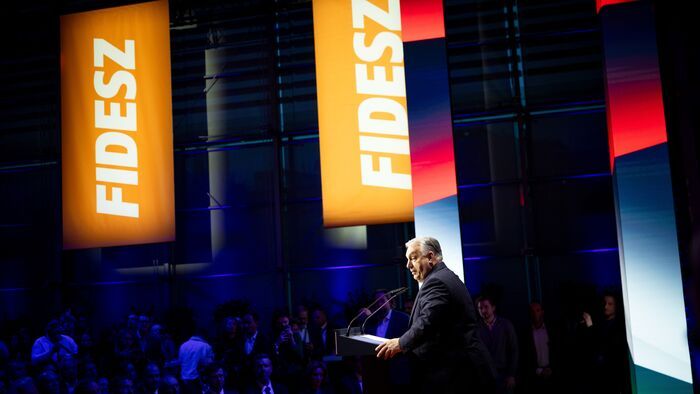
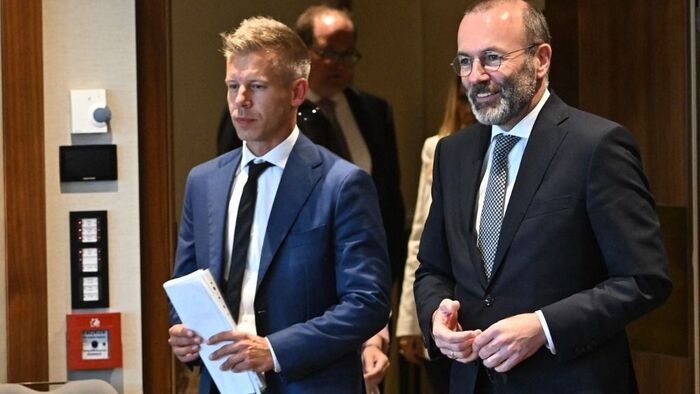







Szóljon hozzá!
Jelenleg csak a hozzászólások egy kis részét látja. Hozzászóláshoz és a további kommentek megtekintéséhez lépjen be, vagy regisztráljon!